The upcoming total solar eclipse has everyone pretty excited and curious. It’s not just people who are into it, animals might show some cool reactions too. The Saint Louis Zoo, smack in the middle of Missouri, is all set to watch what happens when its animals experience a fake nighttime during the day.
Animal Anticipation and Adaptation
At the zoo they’re really looking forward to the eclipse. They think that when it suddenly gets dark and then light again, the animals might do some things they don’t usually do. Christy Childs, who takes care of talking to people for the zoo, said that even though these critters are used to the sun going up n’ down every day, this eclipse could make them think it’s bedtime way earlier than usual. This could make the ones that are usually awake in daytime start winding down, while those night loving creatures might wake up.
Waking Up Early
Animals in the zoo are going to be watched to see how they act when it gets dark during the eclipse. Daytime birds at the zoo might start getting ready for night, going quiet or looking for their nests, different from what they do when it’s light out. Nighttime animals could wake up, thinking their evening has started. Watching how these animals deal with the surprise change gives us a lot of info about how flexible animal habits can be.
The Butterfly Effect
In the Butterfly Dome, there’s going to be another interesting thing to keep an eye on. Butterflies generally like flying high and being busy when it’s bright out, since they’re after the light but as the eclipse makes everything go dark, we might see them coming down lower than usual. This small but important switch in what butterflies do is something we will watch carefully. A small example of how changes in light affect what animals do.
Human and Animal Safety
Zoo animals don’t need to take any special steps to keep their eyes safe from the sun. They naturally don’t look at it. However, the zoo tells people to wear the right solar eclipse glasses. The zoo wants to be a spot where everyone can come together to watch the eclipse, mixing both stars related and living creature wonders for guests to have fun with.
Expanding the Research Horizon
Outside the Saint Louis Zoo, this upcoming eclipse is giving scientists nationwide a unique chance to learn more about how animals act when there’s an eclipse. In previous eclipses, some have noted odd behaviors like certain animals getting busy with mating or making sounds that are out of the norm. These stories have set up chances for more organized study aimed at understanding these happenings better. Understanding how animals’ sense and respond to the brief darkness caused by solar eclipses.
The Role of Scientists
The eclipse also gives everyday people a chance to help scientists learn more about what animals do during these events. By watching and logging how pets and wild animals act, folks can give useful info that adds to what experts see in places like zoos. Projects that ask for help from everyone, like SolarEclipseSafari.org, show how important it is when regular people get involved in science studies, making the collected information better and more complete.
Pets’ Reactions, A Reflection of Their Environment
What pets do during an eclipse might tell us something about the way an animal’s reactions are shaped by where they live and how their human pals act. Our furry friends often mirror our own feelings and behaviors, and their response. When animals react to the eclipse, it might show how their instincts and the environment mix.
A Moment of Awe and Connection
The total solar eclipse isn’t just an amazing sight in the sky. It’s also a time to think about how all living things are connected. Watching everything go quiet during the eclipse, seeing animals act differently, and feeling wonder with other people helps us see the universe’s secrets and Earth’s life in a new light.
The Saint Louis Zoo and scientists everywhere are getting ready to watch and take notes on the upcoming eclipse. This event could teach us a lot about nature, like how our planet reacts to the sun and moon moving around each other.
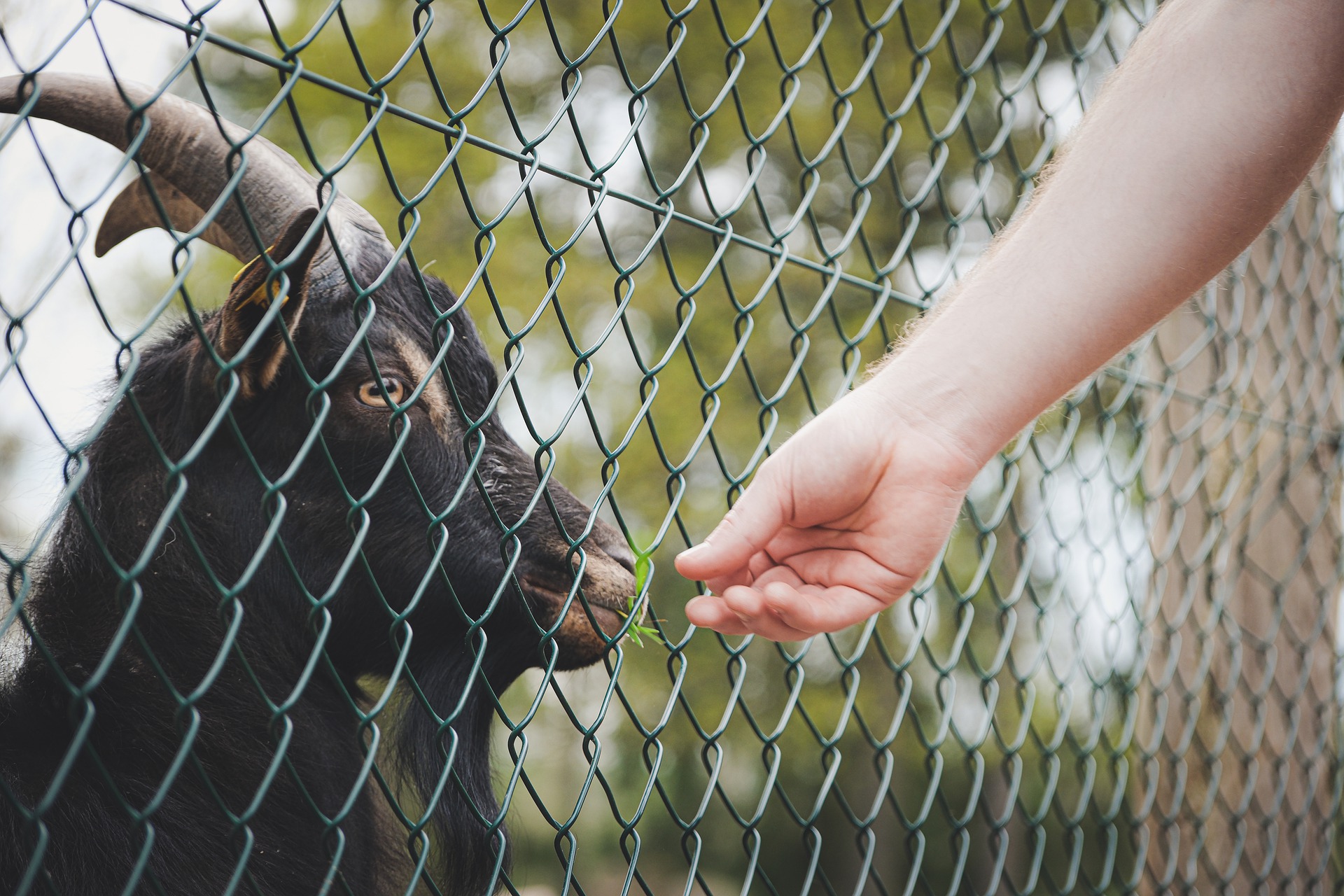

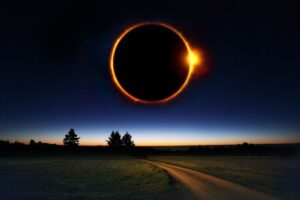

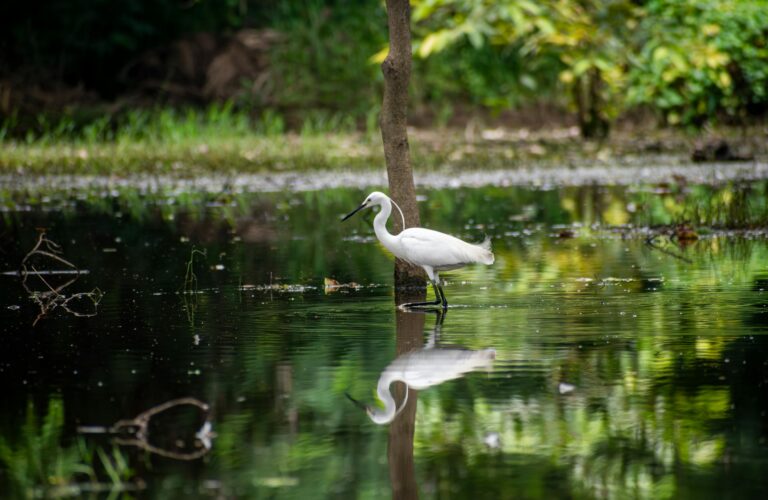
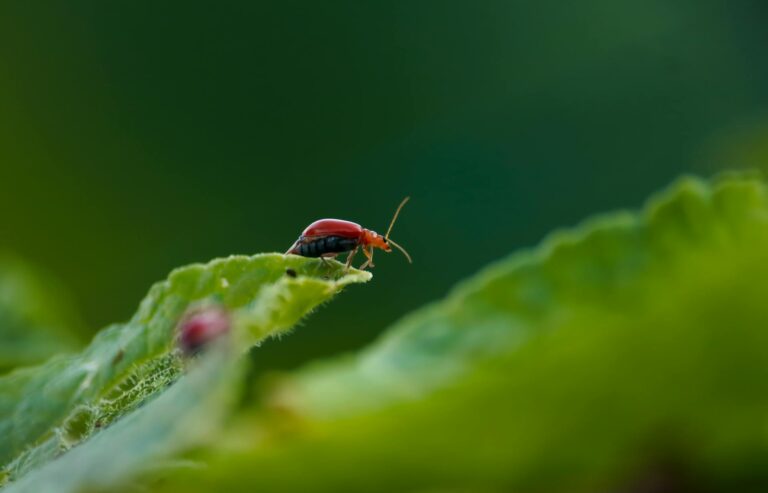


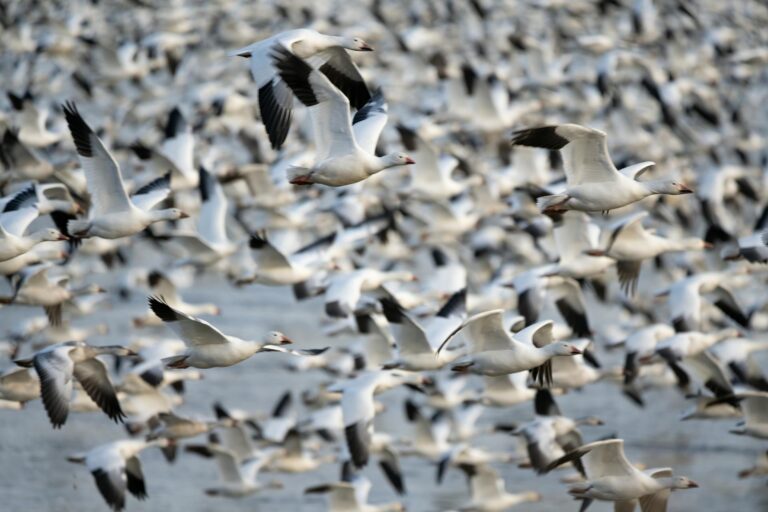


+ There are no comments
Add yours